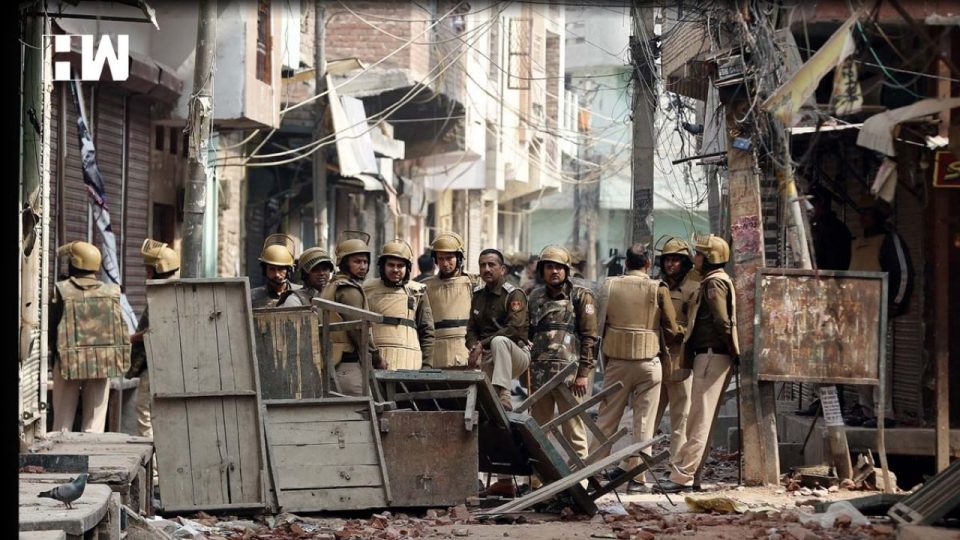New Delhi: The Delhi High Court while refusing bail to an accused in the murder case of head constable Rattan Lal (Mohd Ibrahim v. State) during the Delhi Riots of 2020 said that “riots evidently did not take place in the spur of the moment.”
“The February 2020 riots were a conspiracy, planned and executed. They evidently did not take place in a spur of the moment,” the Delhi High Court said in strong remarks on the three-day violence that left over 50 dead and 200 injured.
Justice Subramonium Prasad also said that the on record video footage submitted by the prosecution that showed the conduct of protestors looked as “calculated attempt to dislocate the functioning of the Government,” as well as to disrupt the normal life of the people in the city.
“The systematic disconnection and destruction of the CCTV cameras also confirms the existence of a pre-planned and pre-meditated conspiracy to disturb law and order in the city,” said Justice Subramonium Prasad.
“The systematic disconnection and destruction of the CCTV cameras also confirms the existence of a pre-planned and pre-meditated conspiracy to disturb law and order in the city. This is also evident from the fact that innumerable rioters ruthlessly descended with sticks, dandas, bats etc. upon a hopelessly outnumbered cohort of police officials,” the order highlighted.
“This is also evident from the fact that innumerable rioters ruthlessly descended with sticks, dandas, bats etc. upon a hopelessly outnumbered cohort of police officials.”
Mohd Ibrahim v. State
“Individual liberty” cannot be used to threaten the fabric of civilised society, the High Court said, adding that Ibrahim was seen on CCTV clips threatening the crowds with a sword.
While granting bail to another man, Mohd Saleem Khan, the Court observed that he had spent 17 months behind bars since his arrest.
“Bail jurisprudence attempts to bridge the gap between the personal liberty of an accused and ensuring social security remains intact. It is the intricate balance between the securing the personal liberty of an individual and ensuring that this liberty does not lead to an eventual disturbance of public order,” it underscored.
Ibrahim also claimed that he was carrying the sword only to protect himself and his family.
The court rejected his arguments, saying the “clinching evidence that tilts the court towards extending Ibrahim’s custody” is the weapon he was carrying, which could have inflicted serious injuries and even killed.
The case involves a mob attack on policemen at Chand Bagh in northeast Delhi at the peak of the riots revolving around protests over a new citizenship law. Ratan Lal, who was a part of the grossly outnumbered contingent of policemen, died of head injuries and another official was severely injured.
As an independent media platform, we do not take advertisements from governments and corporate houses. It is you, our readers, who have supported us on our journey to do honest and unbiased journalism. Please contribute, so that we can continue to do the same in future.

